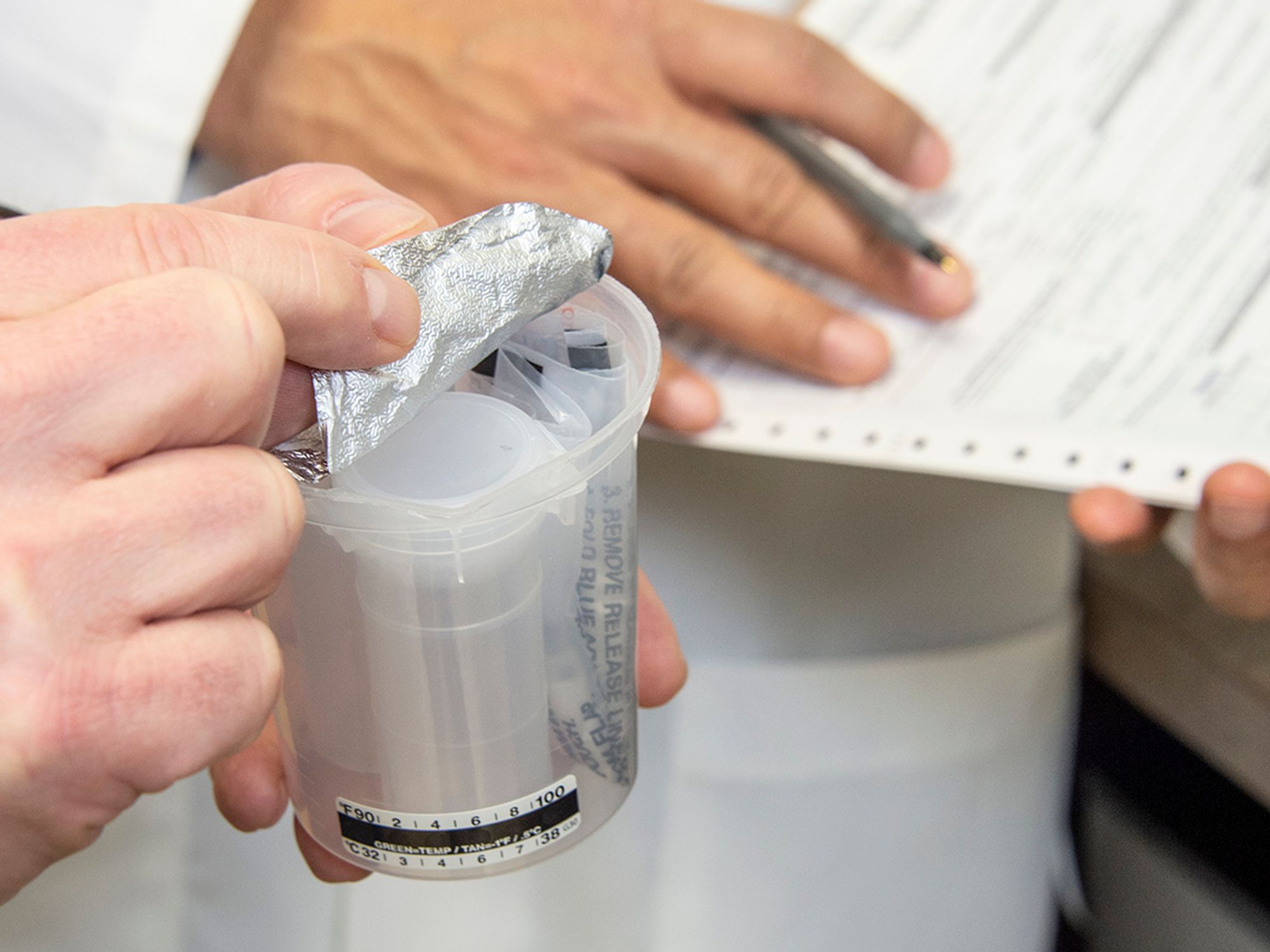Key definitions

- Several key definitions are used for DOT drug and alcohol program management requirements.
The Department of Transportation (DOT) drug and alcohol program management requirements include the following key definitions:
Alcohol testing site — A place selected by the employer where employees present themselves for the purpose of providing breath or saliva for an alcohol test.
Breath alcohol technician (BAT) — A person who instructs and assists employees in the alcohol testing process and operates an evidential breath testing device.
Collection site — A place selected by the employer where employees present themselves for the purpose of providing a specimen for a drug test.
Collector — A person who instructs and assists employees at a collection site, who receives and makes an initial inspection of the specimen provided by those employees, and who initiates and completes the chain of custody form.
Consortium/third-party administrator (C/TPA) — A service agent that provides or coordinates a variety of drug and alcohol testing services to employers. C/TPAs typically perform administrative tasks concerning the operation of the employers’ drug and alcohol testing programs. This term includes, but is not limited to, groups of employers who join together to administer, as a single entity, the Department of Transportation (DOT) drug and alcohol testing programs of its members. C/TPAs are not “employers” for purposes of Part 40.
Designated employer representative (DER) — An employee authorized by the employer to take immediate action(s) to remove employees from safety-sensitive duties, or cause employees to be removed from these covered duties. The DER will also make required decisions in the testing and evaluation processes and receives test results and other communications for the employer.
Laboratory — Any U.S. laboratory certified by Department of Health and Human Services under the National Laboratory Certification Program as meeting the minimum standards set by HHS; or, in the case of foreign laboratories, a laboratory approved for participation by DOT under Part 40.
Medical review officer — A person who is a licensed physician and who is responsible for receiving and reviewing laboratory results generated by an employer’s drug testing program and for evaluating medical explanations for certain drug test results.
Screening test technician — A person who instructs and assists employees in the alcohol testing process and operates alcohol screening devices.
Service agent — Any person or entity, other than an employee of the employer, who provides services to employers and/or employees in connection with DOT drug and alcohol testing requirements. This includes, but is not limited to, collectors, breath alcohol technicians, screening test technicians, laboratories, medical review officers, substance abuse professionals, and consortium/third-party administrators. To act as service agents, persons and organizations must meet DOT qualifications, if applicable.
Substance abuse professional (SAP) — A person who evaluates employees who have violated a DOT drug and alcohol regulation and makes recommendations concerning education, treatment, follow-up testing, and aftercare.
